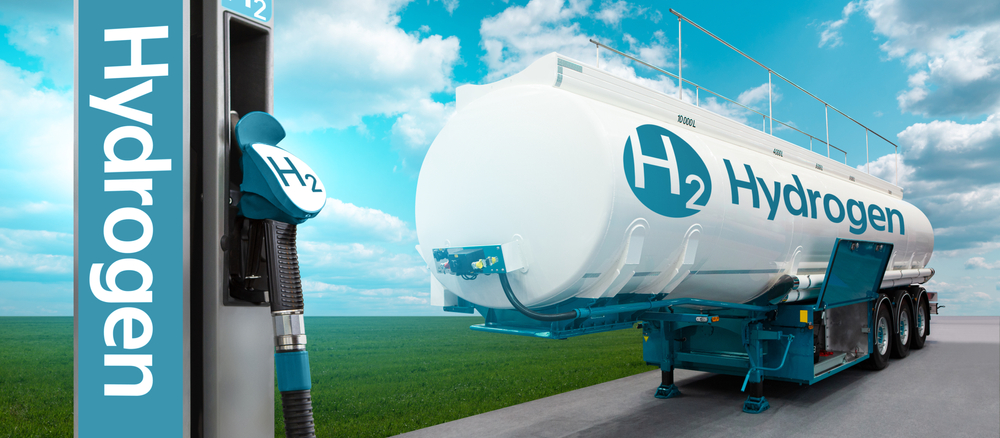Revolutionizing Hydrogen Transportation: Coventry University and VIT's AI-Powered Collaboration
Key Ideas
- Coventry University and VIT partner to tackle hydrogen transportation challenges using AI for safer movement.
- The collaboration aims to overcome Hydrogen Embrittlement through predictive AI models for resilient transport systems.
- Funded by British Council UKIERI, the project enhances global academic ties and supports real-world applications of hydrogen.
- Advancements in hydrogen transportation are crucial for scaling green energy solutions and achieving net-zero emissions.
Coventry University Group and India’s Vellore Institute of Technology (VIT) have initiated a groundbreaking partnership focusing on transforming hydrogen transportation. The collaboration aims to address the challenges associated with transporting hydrogen, particularly the issue of Hydrogen Embrittlement (H₂E), through the application of artificial intelligence (AI). Researchers from Coventry University’s Institute of Advanced Manufacturing and Engineering (AME) and VIT are working together to develop AI-driven solutions for the safe and efficient storage and movement of hydrogen. By leveraging generative AI, the teams seek to predict material behavior under hydrogen exposure to design more robust transport systems.
This strategic collaboration, supported by the British Council UKIERI, emphasizes the importance of international academic cooperation in advancing hydrogen applications in transport and energy sectors. Dr. Arivazhagan Anbalagan from Coventry University and Dr. Margret Anouncia S from VIT lead the project, aiming to create transformative solutions for global hydrogen adoption. The project's focus on enhancing safety and reliability in hydrogen storage and transportation aligns with the growing emphasis on clean energy solutions and net-zero carbon efforts.
The success of hydrogen transportation is seen as crucial for widespread adoption of green energy solutions in various industries like aviation, shipping, automotive, and heavy industry. Safer hydrogen logistics resulting from this collaboration are expected to expedite the deployment of fuel cell technologies, hydrogen-powered vehicles, and industrial decarbonization efforts. The potential innovations from this partnership could establish new global standards for hydrogen storage and movement, unlocking its full potential in the green energy landscape and contributing significantly to global decarbonization objectives.
